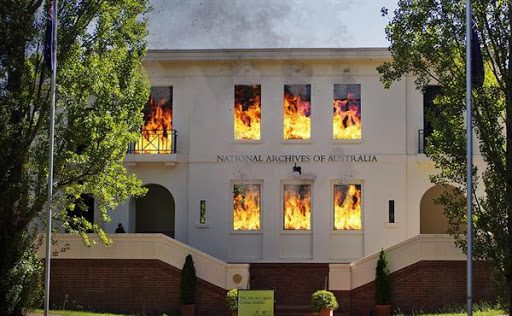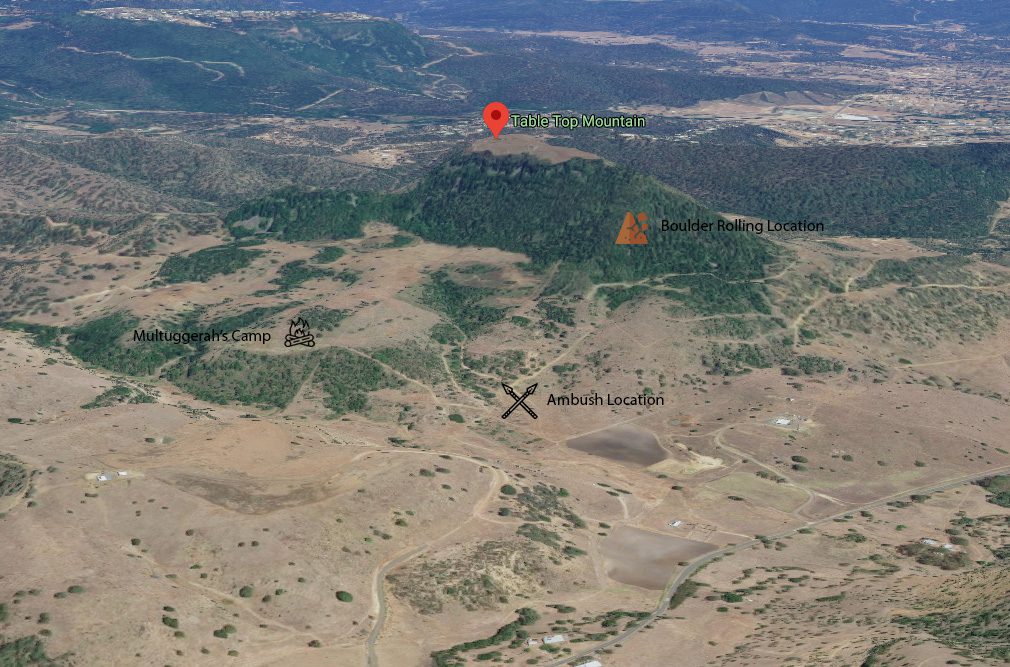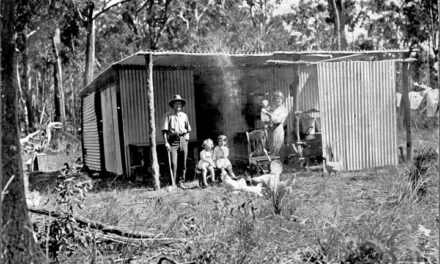The National Archives of Australia is at risk due to chronic underfunding. Many important records are at risk of destruction and losses that will occur in the near future if nothing is done to boost resources to protect them. This is one of the most important historical resources in Australia, and it’s importance will only increase over time. History Guild strongly supports the campaign to increase funding.
Please consider contacting your local member of Parliament to express your concerns. You can find your local member here.
Below is an open letter to the Prime Minister from over 150 historians and authors.
We write as friends and supporters of the National Archives of Australia. Some of us are historians, including multiple winners of Prime Minister’s Awards, some are independent writers and researchers, and some are former members of the National Archives Advisory Council. We have differing political viewpoints but share a deep love for the knowledge of Australia’s past embodied in its archives and libraries.
We are writing to you because we fear that the integrity of the nation’s premier memory bank, the National Archives of Australia, is in jeopardy and to urge you to secure its future. As the institution created by parliament to maintain the official records of the Commonwealth, the National Archives is one of the pillars of our democracy. It makes decision-making more transparent. It holds governments, past and present, to account. And in the words of Justice Michael Kirby, it “holds up a mirror to the people of Australia”.
In this respect, the National Archives is not like other cultural institutions, such as museums, galleries and opera houses. Its most important users have yet to be born. The value of many items in its collection may not become apparent for many years because we simply do not know what questions future inquirers may ask.
Only in recent years, for example, have researchers begun to tap the riches of the National Archives’ repatriation records, the largest continuous record of the health of any people anywhere, for medical as well as historical research.
We welcomed the comprehensive review of the function and efficiency of the archives conducted by Mr David Tune and endorse his incisive analysis of the challenges now facing it. He shows beyond doubt that large parts of the collection, including fragile and irreplaceable film and paper records, are in danger of disintegration and loss without investment in urgent conservation and preservation work.
Successive cuts in the form of “efficiency dividends” have weakened the National Archives’ capacity to undertake this essential work. Even the routine work of retrieving and clearing records for researchers has been compromised to the point that researchers can no longer undertake projects based on the archives with confidence that the records will become available in time.
The National Archives is one of Australia’s premier cultural institutions. It has always enjoyed the support of governments of both persuasions. In 2011 its reputation as an international leader in digital record keeping and preservation was recognised by UNESCO with the prestigious Memory of the World Prize. In the report he presented the government in January 2020, Mr Tune helpfully identified the needed works and cost offsets that will allow the archives to “stay contemporary in the digital age”.
We were disappointed, therefore, that in a budget that increased the funding of other national institutions, and made very large investments in the expansion of one of them, the Australian War Memorial, no allocation, even of interim funding, was made for the National Archives of Australia. We were further alarmed by the tenor of remarks attributed to a representative of the government that “all sources degrade over time”, that this was “business as usual” and that the National Archives should look for philanthropic support, rather than government funding, to finance preservation of its records.
The National Archives is not a charity that should have to shake a tin or secure buy-in from the public for support. It is a legislated responsibility of government and should be adequately funded from public revenues. No other national archive is reliant on private funds for its core functions of preserving the records of the national government.
The funding recommended by Tune for urgent digitisation ($67m over seven years) is modest when compared with the historical importance of the records and their value to posterity. We understand that some of the recommendations of the Tune review await further consideration by government, but strongly urge you to provide interim funding in order for this essential work to proceed, and reaffirm your support for a vital institution.
History Guild strongly supports the views of these historians and authors. Read the letter here.
Articles you may also like

General History Quiz 65
Weekly 10 Question History Quiz.
See how your history knowledge stacks up!
1. Which Greek city state defeated the Persians at the Battle of Marathon in 490BC?

Deceptive Ineptitude: German Spies in WW2 Britain
DECEPTIVE INEPTITUDE: GERMAN SPIES IN WW2 BRITAIN Operation Lena, the German espionage operation in Britain, turned out to be one of the least successful spy missions of World War 2. By Madison Moulton Plotting an invasion of the United Kingdom in 1940 – codenamed Operation Sea Lion – the Nazis sent spies to gather intelligence […]






